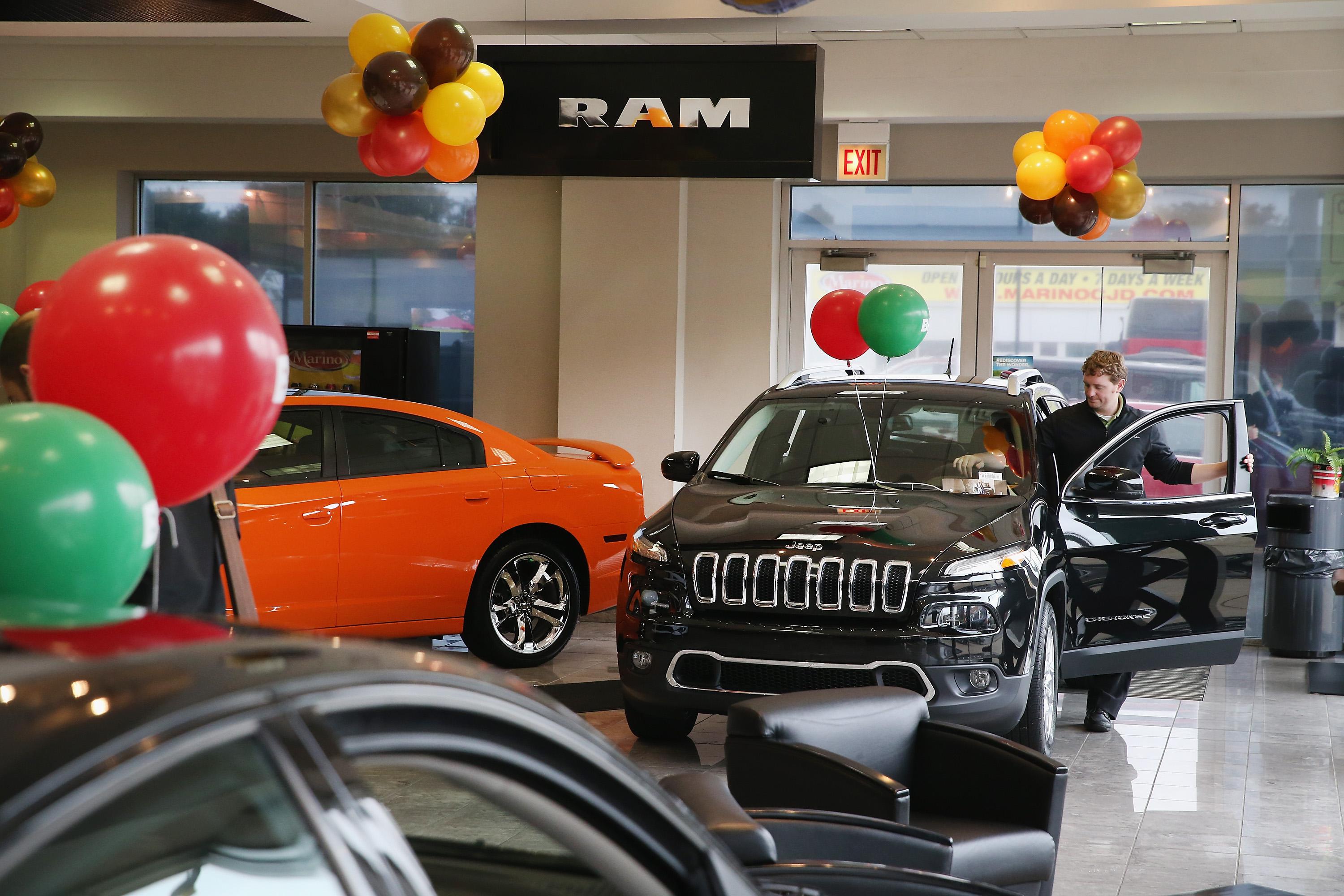Italian automaker Fiat, which owns a 58.5 percent stake in Chrysler, reached an agreement over the holidays to purchase the 41.5 percent of the company that’s owned by the United Auto Workers through a health care benefits fund. UAW will get $4.35 billion for its trouble, coming in the form of a $1.75 billion payment from Fiat, a $1.9 billion payment from Chrysler, and four subsequent annual $700 million payouts from Chrysler.
Relative to where Chrysler was four years ago on the brink of liquidation, this is a great happy ending for the brand and especially for the people who work there. But it’s really striking what a collapse in the value of the enterprise this is relative to where things were in 1998 when Daimler-Benz bought Chrysler for $36 billion. That’d be just more than $51 billion in 2013 dollars. Cerberus Capital Management paid $7.4 billion for 80 percent of Chrysler back in 2007. And even though the UAW is getting a $4.35 billion payout, Fiat will only have put a total of $3.7 billion in cash into the two-phase acquisition since a lot of the money coming the UAW’s way is cash flushed out of the enterprise. There are a few different ways you could look at the company’s current valuation, but however you slice it, the decline over the past 15 years has been staggering in scale.
Moving forward, by becoming sole owner of Chrysler the Italian automaker will have the chance to build a real integrated company. In the short-term, that’s going to mean Chrysler’s profitable North American operation will subsidize Fiat’s losses in Europe. The business case is that this cross-subsidy era will be temporary as the eurozone returns to growth and that integrated technology and dealership networks across the two companies will create long-term efficiencies. But for the immediate future it creates a situation in which the Fiat Group becomes even more indebted and Chrysler’s cash will be managed with a view to a global enterprise rather than an American one.
